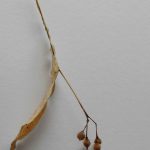By Erica Cassidy Dubois, FSM Forestland Steward
Printed in the Piscataquis Observer and Moosehead Matters

The Forest Society of Maine welcomes Nordic skiers of all ages and abilities to enjoy the trails, this winter, at Nickerson Tree Farm in Greenville. Located behind the Moosehead Lake Region Visitors’ Center—just a few miles south of town—the tree farm offers a 2.3-mile network of looping routes that will be groomed throughout winter, as conditions allow.
Anyone who has skied at Nickerson will tell you, it’s not just for beginners! The trails have hills, curves, and other features that make it fun and satisfying for skiers of almost every level.
If you make a visit to the Nickerson Tree Farm, please remember that maintaining good, groomed trails is a lot of work! Winter grooming and track-laying is made possible by NREC-Moosehead and their exceptional network of volunteers. Please respect that many hours and a lot of energy goes into making these trails excellent for everyone. Do not walk or snowshoe on groomed tracks—one person (or dog) will quickly destroy the trail surface for skiing. Bottom line: if you aren’t wearing five-foot sticks on your feet, please travel beside the tracks, or off-trail. Fat biking is not permitted.
The 80-acre Nickerson Tree Farm property was donated to the Forest Society of Maine in 2018 thanks to the generosity of Ellen Nickerson Poole. Mrs. Poole is the daughter of the late Dr. Norman Nickerson, who started his decades-long career as a physician in the Moosehead Lake region in 1920. For many years, Mrs. Poole invited the public to enjoy her property via the skiing trails that loop through the woodlot. Forest Society of Maine is proud to carry on this tradition.
A map of the Nickerson Tree Farm trails is available online, at Maine Trail Finder. You can also find out more about the tree farm and the Forest Society of Maine’s land conservation work at www.fsmaine.org.








